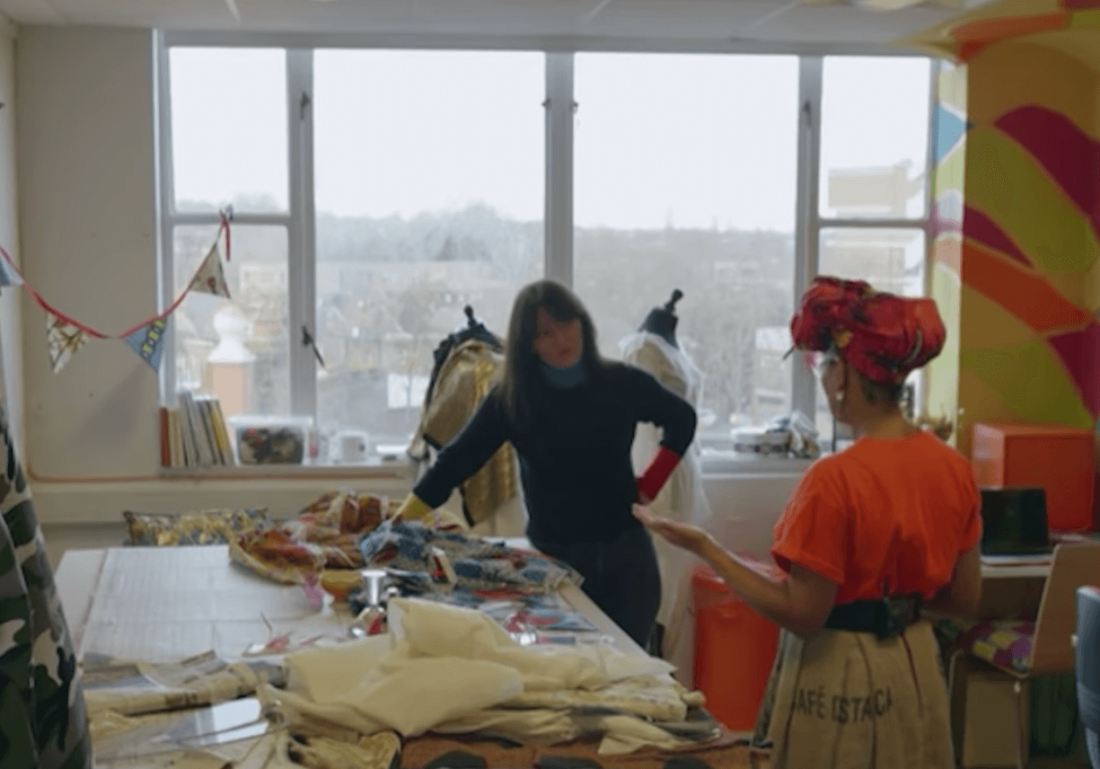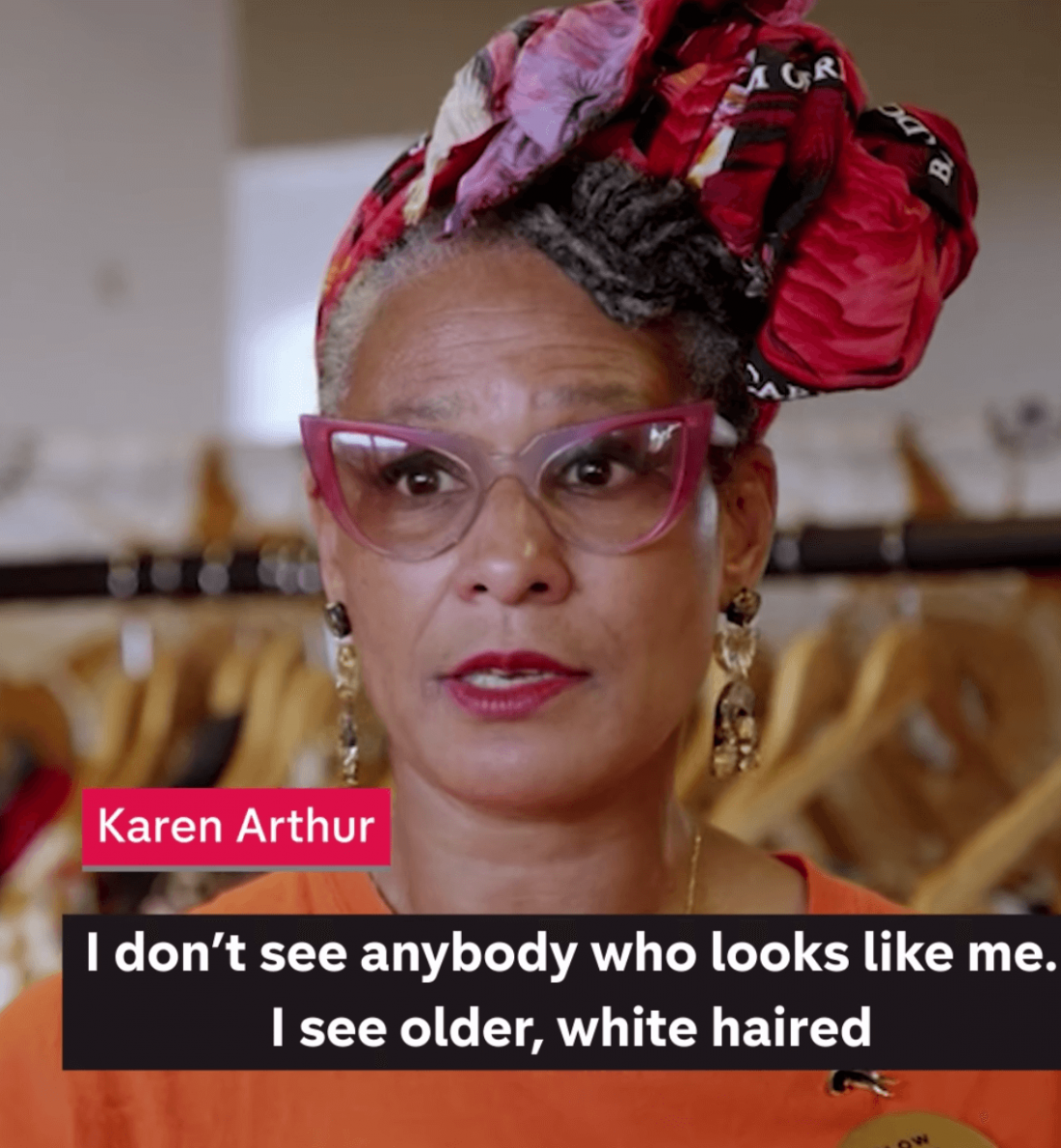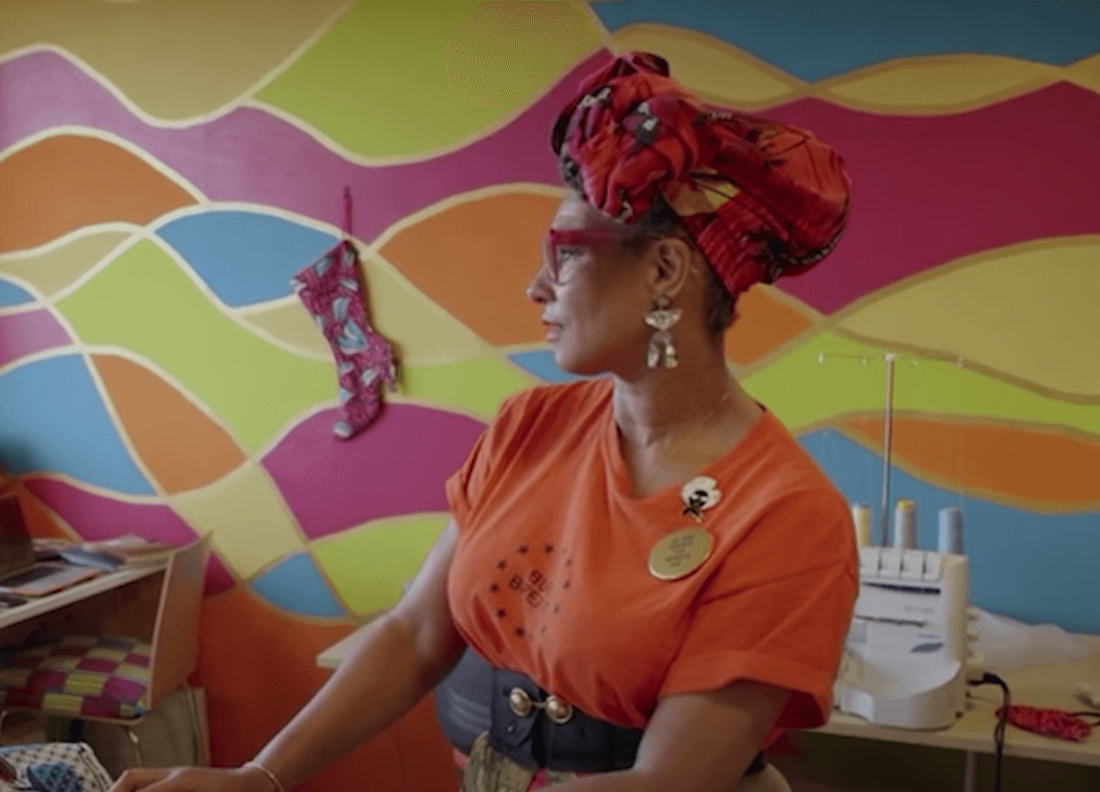A Channel 4 Dispatches documentary – Sex, Myths and Menopause – aired last week uncovering the unspoken truths about menopause.

Image credit: Channel 4
Sex, Myths and Menopause was presented by Davina McCall and covered the real-life experiences of the TV star alongside the harrowing experiences of a range of other women.
While we may already know that menopause is a stage in a women’s life that is challenging due to shifts in hormones and other physical changes in the body too, far less is known about the less obvious symptoms that some women experience.
Sex, Myths and Menopause revealed the raw realities of the unexpected changes that many women experience during menopause and more surprisingly, the impact that these changes have on one’s mental health. It also explained how many women were being failed by a health system that just doesn’t really know how to treat menopause symptoms correctly. And how much like childbirth, women are expected to deal with the symptoms of menopause in silence due to the negative stigmas that surrounds women’s sexual health issues and ageing.
Ahead of Sex, Myths and Menopause airing on Channel 4, Davina explained how making the programme affected her. She said: “I don’t think I’ve ever worked on a project that has affected me so deeply. I get home after filming and sometimes I just sit down and cry … from deep frustration and anger at how we are failing women. This film isn’t just for menopausal women, it’s for their partners, their fathers, their brothers, and their sons. We’re all in this together.”

Image credit: Channel 4
As well as opening up about her own experiences with menopause, Davina interviewed a wide range of women who had severely struggled with changes to their body and mind during menopause. Amongst these women was Karen Arthur, a teacher turned fashion designer from Catford whose story stood out to us as a Black-British woman.
Karen bravely shared her story. “It started and I didn’t realise it was starting, I was teaching, and I was finding it difficult,” Karen told Davina. “I kept forgetting things, I thought I was going mad. I had tingles in my legs. Women describe it as insects under your skin. But I didn’t know that was a symptom of menopause. I was getting hot flushes, but I thought it was my boiler. I thought I was going mad.”
Menopause and Black women
As a Black woman, Karen felt like the lack of representation of women of colour on medical sites that give advice on menopause meant that she couldn’t find information that she could relate to or trust. “You get up at three in the morning and you get your computer, and you wonder what it could be? I don’t see anybody that looks like me, I see older white-haired, sad white women with their heads in their hands,” says Karen. The lack of support from her GP and advice online left Karen feeling isolated and confused by her menopause symptoms, as well as ashamed to speak to her loved ones about it. “I got signed off work and then I got to a point when I thought it would be easier if I was not around,” Karen confesses. “I didn’t want to be here. So, then I disappeared, and I turned my phone off. I remember going for a walk. I looked over the edge and I was scared shitless. And standing there I realised I still actually want to be here.”

Image credit: Channel 4
On Life After Menopause
Although Karen struggled with her menopause in many ways, her experience made her realise that she had so much more life to live so she decided that it was time to quit teaching and chase her lifelong dream of becoming a fashion designer. Her life now revolves around immersing herself in fashion design and sewing, which has helped her relax while instilling women with confidence through clothes. “Let’s be very clear here – menopause is a transition,” says Karen. “I felt that part of the reason that menopause comes as such a shock is that we are not prepared for it and we’re not ready. Menopause has given me my voice – it has helped me finally be me,” she adds.














